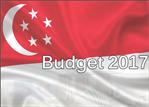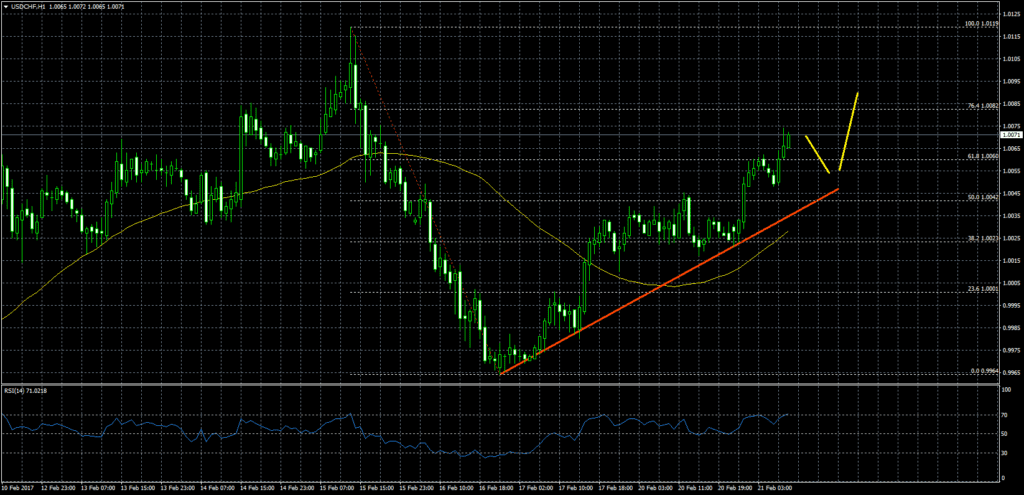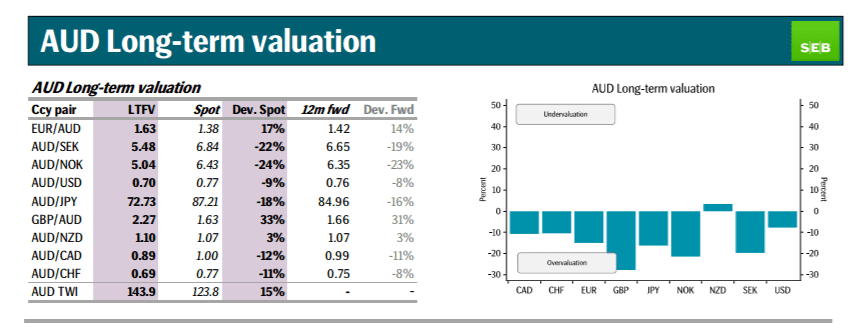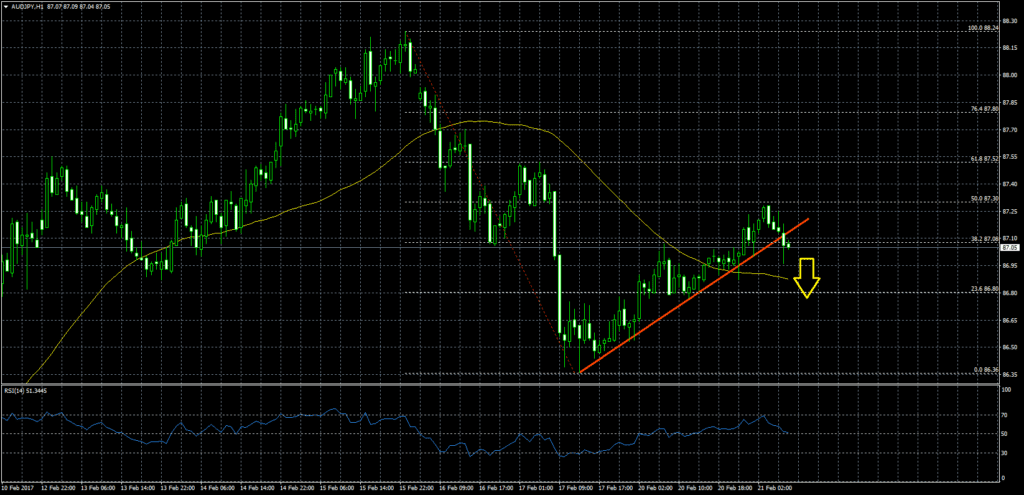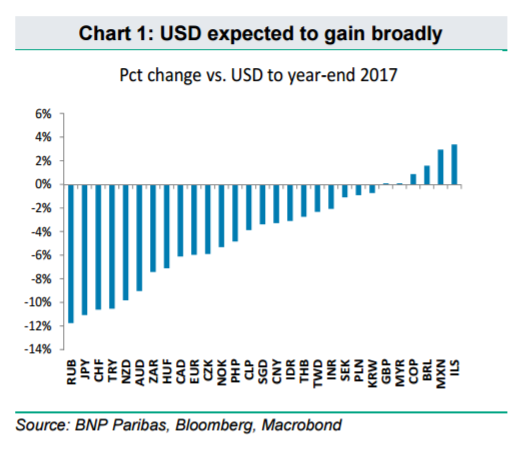Singapore Finance Minister Heng Swee Keat announced a smaller budget surplus for the financial year ending March 31, 2018 in the annual budget on Monday.
The budget position is prudent as expenditure is forecast to continue rising in the long term, he told lawmakers.
A budget surplus of S$1.9 billion, or 0.4 percent of GDP, is expected in the fiscal 2017. Ministries' expenditures are forecast to be S$3.7 billion, or 5.2 percent, higher than in the fiscal 2016.
"It is critical that we take decisive action to re-position ourselves for the future," Heng said, who sees new challenges from deep shifts around the world.
In order to support the construction sector, the government plans to bring forward S$700 million worth of public infrastructure projects.
The government plans to start a programme that help small and medium enterprises build digital capabilities.
Also, the government will top up the National Research Fund by S$500 million to support innovation efforts and the National Productivity Fund by another S$1 billion.
The government plans to introduce a carbon tax of S$10-20 per ton of greenhouse gas emissions from 2019.
Foreign worker levy increases will be deferred by one more year in the marine and process sectors.
Continuing the measures to support business, Heng said the Wage Credit Scheme will continue to help firms cope with rising wages. The government plans to pay out over S$600 million to businesses this March.
He raised the Corporate Income Tax Rebate to S$25,000 from S$20,000 for the year of assessment 2017. The rebate will remain at 50 percent of tax payable.
For 2018, the CIT rebate will be 20 percent, capped at S$10,000, he said.
The Ministry of Manpower will raise the re-employment age to 67 years from 65.
Heng also raised water prices by 30 percent, to be effective in two phases starting July 1, 2017.
by RTT Staff Writer
For comments and feedback: editorial@rttnews.com
Economic News
What parts of the world are seeing the best (and worst) economic performances lately? Click here to check out our Econ Scorecard and find out! See up-to-the-moment rankings for the best and worst performers in GDP, unemployment rate, inflation and much more.
